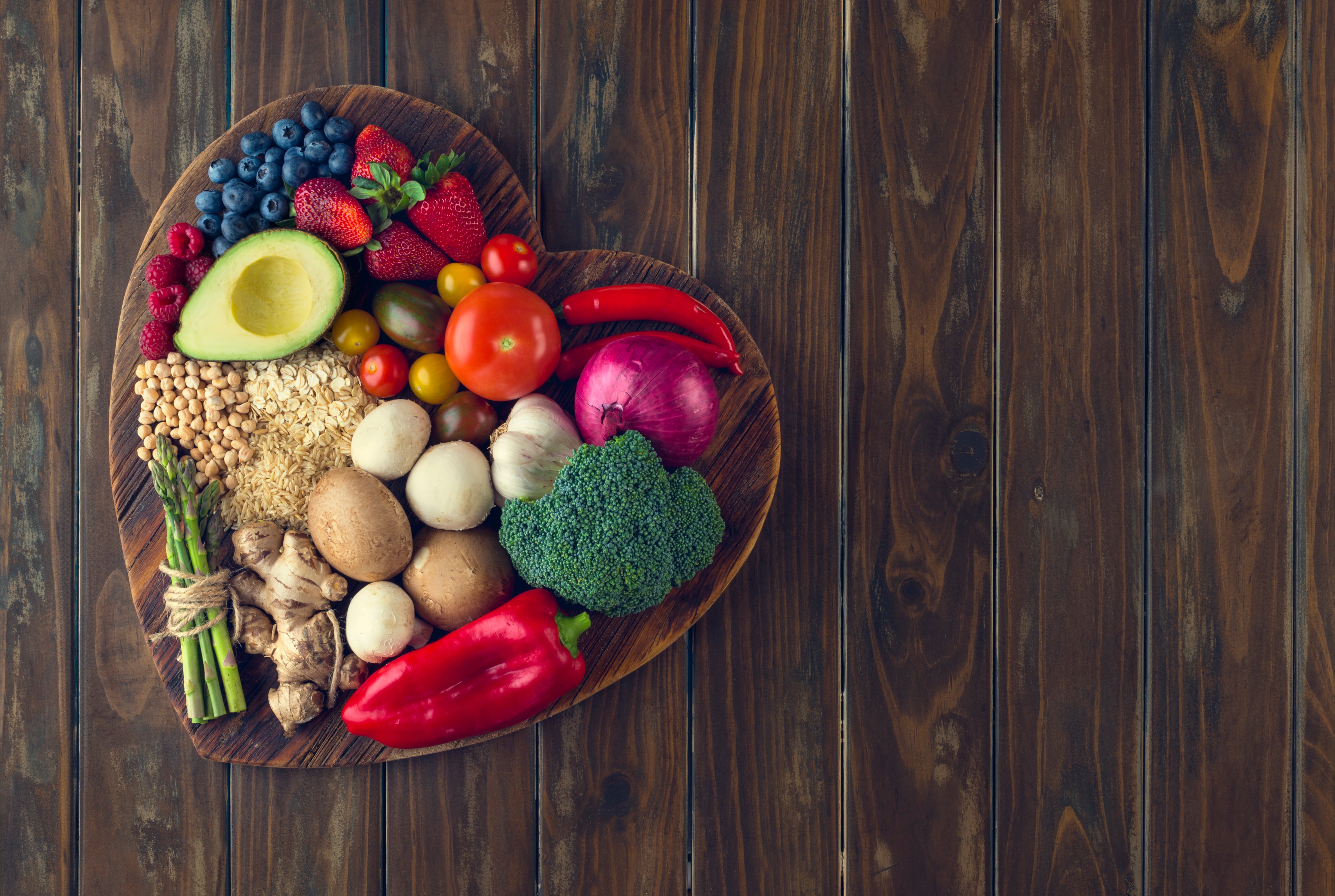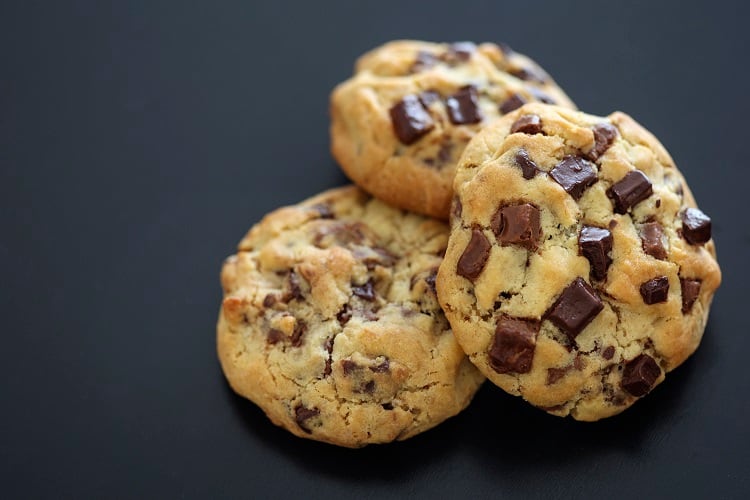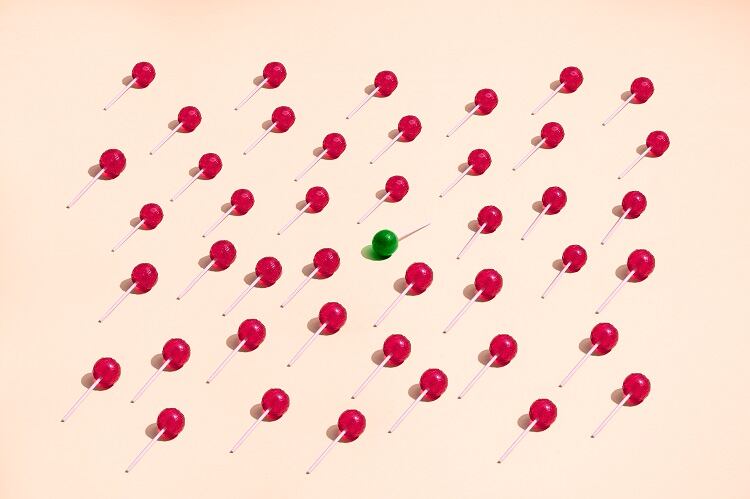Consumers want functional foods. While previous health trends have centred around what foods didn’t have, now consumers are more focused on what they do – gut health benefits, for example, or high protein.
Alternative materials start-ups – start-ups using technology to replace foods or ingredients linked to unsustainable practices or poor health – have traditionally focused on sustainability. And while that is still very much their rasion d'être, sustainability alone is no longer enough to draw in consumers. Products must have functional health benefits.
Alternative cocoa retains the benefits of faba beans
Alternative cocoa company Nukoko produces cocoa made from faba beans, an ingredient grown in Europe and thus far more easily sourced sustainably.
But there is more to faba bean than simply a replacement for cocoa.
While cocoa has its own antioxidants and polyphenols, these are often found at high levels mainly in raw cacao, explains Ross Newton, the company’s co-founder. Once they’ve been processed, these are at much lower levels.
The faba bean, however, as well as having its own antioxidants, is high in protein and has a good fibre content.
“Our process doesn’t diminish those nutrients,” assures Newton.
Alternative coffee made from nutrient-dense ingredients
Start-up Morrow uses a range of locally sourced ingredients to develop alternative coffee, researching extensively to find the right processing methods to create a taste that, as close as possible, resembles the traditional drink.
While the thinking behind this is to provide a taste that resembles the product it’s mimicking, many of these ingredients are dense in nutrients including protein, fibre and vitamin B-12, explained the company’s CEO and founder Anna-Sophie Deetjen.
“The dry product itself already has a better nutritional profile,” she explains. The company is currently testing to ensure the nutrients remain in the drinkable product.
“We are aiming to have a better nutritional profile, in the sense of higher protein, which consumers are looking for, better fibre, better for the gut.
“Consumers are, more and more, looking for these alternatives that are more functional.”
Anna-Sophie Deetjen
“The gut health is an interesting one, because coffee, for a lot of people now, gives them either the shakes or get an upset tummy.
“Consumers are, more and more, looking for these alternatives that are more functional.”
Sweet proteins have the benefits of sugar, without a blood sugar spike
Sweet proteins are an alternative to both sugar and sweeteners, both of which have frequently been linked to adverse health outcomes.
Found naturally in egg whites, fruits and some plants, the sweetest are around 700 to 3,000 times sweeter than sugar on a weight-by-weight bases.
The start-up Made Sweetly uses sweet proteins from berries sourced in West Africa.
“They are digested in your body just as any other protein, and even contain the vital essential amino acids that are crucial for us and must be consumed through our diet,” explains CEO and co-founder Alicia Graham.
These proteins contain no calories and, because they’re digested in the same way as proteins, do not lead to a blood sugar spike.
“That being said, this is a high intensity sweetener meaning that the real quantities are so low that it does not have a strong impact on protein consumed.”
While sweet proteins are found naturally in small quantities, the company is using its technology to upscale.
“With new tools such as engineering biology and finding new organisms, we can greatly increase yield,” Graham explains.
The companies featured here were exhibiting at Taste of Tomorrow exhibition the Mills Fabrica in London, which is running until 31 July.





